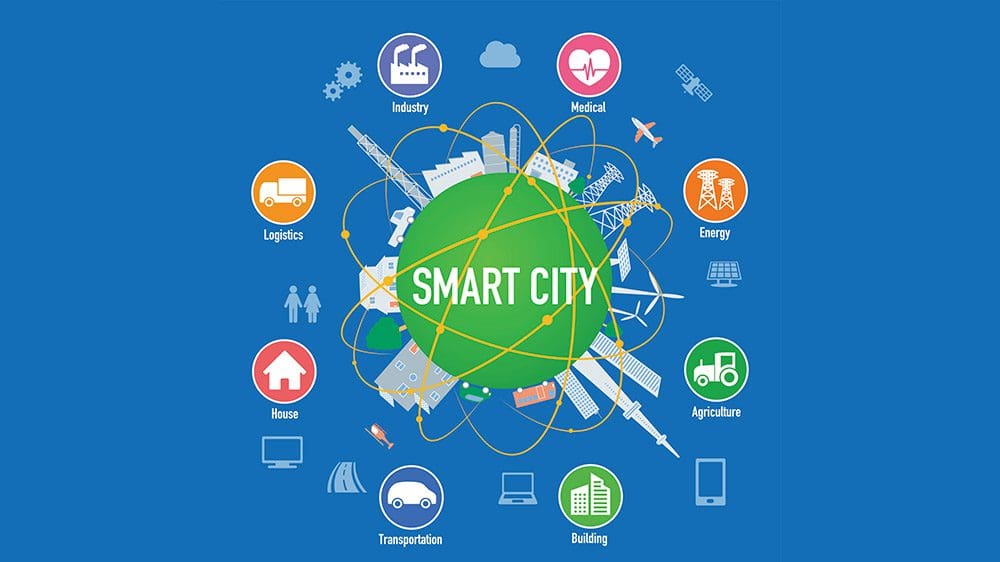Originally posted in the IEEE Standards Education e-Magazine
On 10 July 2012, the IEEE Standards Association (IEEE SA) and DKE German Commission for Electrical, Electronic & Information Technologies of DIN and VDE co-hosted the workshop “Standardization: Living in the Smart Cities of the Future: eWork, eMobility and Connecting to Smart Grids” in Offenbach, Germany.
This event provided practical information on home networking, next generation mobility, smart cities, and their integration with smart grids. The event attracted more than sixty attendees, consisting of members of both organizations as well as non-members.
Reaching practicing engineers and educating them on the importance of standards is an important mission for both DKE and IEEE. By partnering in this workshop, DKE and IEEE were able to jointly address the importance of standardization among engineers working on the Smart Grid and related areas.
“IEEE has a long history of collaboration with VDE [the Association for Electrical, Electronic & Information Technologies in Germany],” says Terry deCourcelle, Senior Director of International Programs & Governance of the IEEE SA. “This was the first joint event between our respective standardization groups, DKE and IEEE SA, and will lead to greater collaboration.”
“As products and solutions are becoming ever more complex, the successful realization of products requires the use of multiple technologies and components,” explains Dr. John Kulick, Vice-Chair of the IEEE SA Standards Board. “Standards provide the natural means for engineers to incorporate different components into their work. Familiarity with standards allows engineers to more quickly adapt necessary technology to projects under development. This utilization of standards can lead to shortened time to market which is important in today’s competitive marketplace.”
Dr. Bernhard Thies, Chairman of the Board of Directors, DKE, served as moderator for the workshop, and set the tone for the discussions in his keynote speech. He highlighted the importance of smart cities and related converging technology developments, i.e. the smart grid, eMobility, smart services, and other increasingly smart aspects.
“By 2050, more than 70% of the world’s population will live in cities, according to a UN World Population Prospects report,” said Thies. “eMobility is key way to lower the emissions and noise levels, which will dramatically improve the quality of life of city dwellers.”
IEEE SA has extensive activities relating to these converging technologies. “IEEE SA believes that the smart grid is too vast to be confined within any one standards development organization (SDO), and therefore it is necessary to collaborate wherever possible,” said Bill Ash, Strategic Program Manager, Standards, IEEE SA. He added “for this reason, IEEE SA has agreements that allow adoption of IEEE Standards, joint development with other SDOs in the global standards community, and other collaborative activities.”
DKE, which represents Germany’s national positions in the International Electrotechnical Commission (IEC), tries to guide German industry in the standardization landscape of national and regional standardization. “DKE recognizes the importance of international consensus to optimize the use of standards to promote international trade and economic development,” said Yuanchao Chen, DKE. She continued, “DKE also is looking to cooperate with other organizations, such as IEEE SA, to not fence off the German market and to involve all stakeholders.”
Introducing the IEEE SA, Dr. Kulick emphasized the global nature of IEEE standards and the many ways for individuals and corporations to become involved in the standards development process. Asked about the highlight of this event, he cited “the acknowledgement that complex systems such as smart cities will require the collaboration of many stakeholders in order to be successful.”
Oleg Logvinov, Director Market Development, Industrial & Power Conversion Division, STMicroelectronics, highlighted two major areas, standards developed for the powerline communication industry (IEEE 1901™ and IEEE P1901.2™) and the new one-of-a-kind standard providing an abstraction and convergence layer for multiple media specific PHY/MAC (IEEE P1905.1™).
“Industry-wide collaboration in the development of these standards is essential,” commented Mr. Logvinov. “Standards enable interoperability, which, in turn, enables healthy competition and helps build vibrant ecosystems engaging every level of the value chain.”
Thomas Sentko, DKE, introduced DKE and its smart cities activities. As the organization representing Germany in IEC, CENELEC and ETSI, DKE works very closely with these organizations. He explained that DKE contributes German expertise to the IEC standards development work, and then brings that back though the international standard and allows the German market to export globally, highlighting the crucial role of international standards.
Dr. Rolf Apel, Manager Technology and Innovation, Siemens AG spoke about the key role that smart buildings play in smart grids. Further, he discussed the important role of the Smart Grid Architecture Model as a valuable tool to map future requirements and systematically identify gaps in the area of standardization.
The segments focusing on eMobility brought a presentation from Paul Bishop of The Bishop Group about the activities of the IEEE P2030.1™ Working Group, which he chairs. The project addresses applications for road-based personal and mass transportation. He also stressed the need for global cooperation to make standards transparent to end users worldwide.
Samuel Kiefer, CEO of Kiefermedia GmbH, introduced a standard for Resonant Inductive Charging of Electric Vehicles. The presentation illustrated advantages related to wireless charging systems in the urban environment, including easy handling for consumers.
The final segment of the event was a panel session, and the audience had questions spanning the breadth of topics discussed.
Echoing the theme of the landscape of SDOs, there were questions from the audience on whether there is more competition or cooperation. When asked about this, participants from both organizations reiterated the desire to collaborate. Said Dr. Thies “This was the first time both organizations cooperated on a joint event, and we indeed talked about cooperation during the event!”









